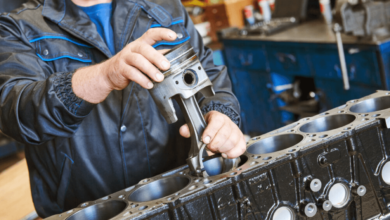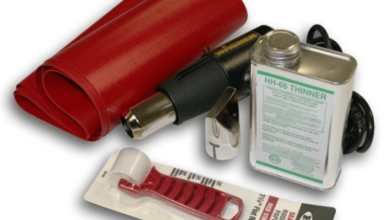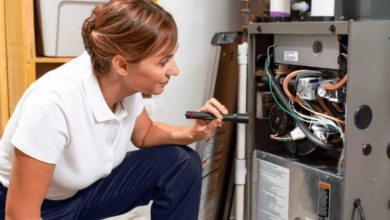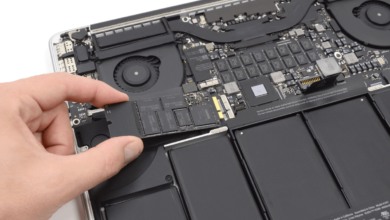Make Your Own DIY Ice Maker Cleaning Solution at Home
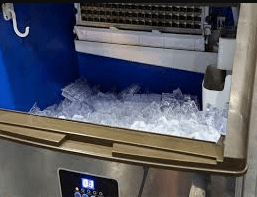
Are you tired of buying expensive ice maker cleaning every time your machine needs a scrub? Do you want to save money and make your own DIY solution using household items? Look no further! In this blog post, we will guide you on how to create a powerful yet affordable ice maker cleaning solution that guarantees spotless and odor-free results.
What You’ll Need
-Water
-Bucket
-Scrubber
-Sink or tub
-Cleaning supplies (bleach, hydrogen peroxide, buckets)
If your ice maker is not on its own circuit breaker, you will need to turn off the main power to your home in order to clean it. If your ice maker is on its own circuit breaker, you will only need to turn off the power to the machine.
1) Fill a bucket with water and set it next to the ice maker.
2) Turn off the power to the machine and unscrew the water line connector from the back of the machine.
3) Connect the garden hose to the connector and turn on the water flow.
4) Put on gloves and scrub down all surfaces inside and outside of the machine using a scrubber.
5) Pour 1/2 cup of bleach into each bucket. Add enough water to cover everything and stir until the mixture is smooth.
6) Turn off both water sources and let machines sit for 10 minutes while cleaning the solution settle. Rinse machines thoroughly with fresh water and reattach lines. Make sure all screws are tight!
How to Make the Ice Maker Cleaning Solution
If you have an ice maker that’s not producing the quality of ice you desire, it might be time for a cleaning. Follow these simple steps to make your own DIY ice maker cleaning solution at home:
1. Pour 1 gallon of white vinegar into a large container.
2. Add 2 cups of water and stir until the vinegar and water are mixed together.
3. Pour the mixture into your ice maker and let it sit for 24 hours.
4. Remove the ice maker’s filter basket and pour the vinegar mixture through it.
5. Rinse the ice maker with cold water to remove the vinegar solution.
6. Replace the filter basket and wait 10 minutes before using your machine again to allow it to dry completely.
Tips for keeping your ice maker clean
Keeping your ice maker clean is an important part of keeping it running smoothly.
1. Clean the condenser coils: The condenser coils on an ice maker are where the ice is made. They can get dirty over time, which can cause the machine to struggle to make ice. To clean the condenser coils, pour warm water into the machine and run the machine for about 10 minutes. Be sure to wear gloves and avoid getting water inside the freezer compartment. After cleaning the condenser coils, be sure to dry them off completely before using the machine again.
2. Clean the ice maker door gaskets: The gaskets on the door of an ice maker can also get dirty over time, which can lead to leaks and problems with freezing. To clean them, pour a pot of hot water into the machine and wait until it reaches a boil before letting it cool down enough to touch. Once it’s cooled off, gently remove each gasket with a towel and rinse them off with warm water. Be sure to dry them off completely before reinstalling them.
3. Cleaning brushes and shafts: The brushes and shafts on an ice maker are used to chop up pieces of ice so they can be made into new chunks of frozen water. Over time, these brushes and shafts can get dirty and damaged, which will affect how well the machine works. Read more…
Conclusion
If you’re like most people, you probably have a mix of solutions for cleaning your ice maker: vinegar, water, and baking soda mixed together. But what if there was an easier, more effective way to clean your machine? In this article, we will show you how to make your own DIY ice maker cleaning solution at home that is not only easy to use but also safe for the machine and environment. By following these simple steps, you’ll be able to keep your ice maker in top condition and free from annoying messes!


